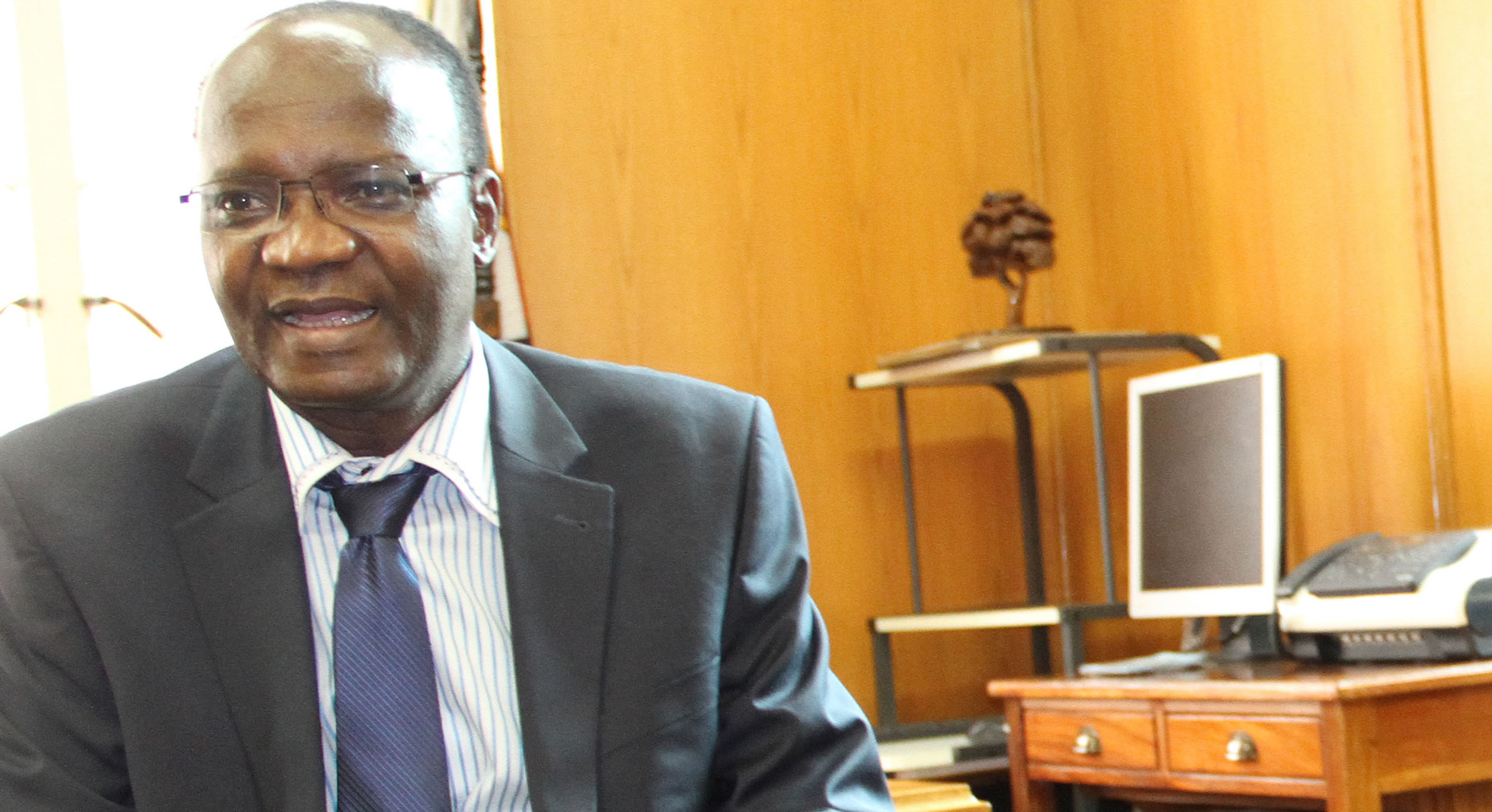Major overhaul looms for ZBC

Mabasa Sasa Deputy Editor
GOVERNMENT has given the board of national broadcaster ZBC five key tasks to complete during its tenure, inclusive of redefining its core mission and restoring corporate governance at the organisation.
The brief is designed to make ZBC a broadcaster of choice, ensure it is run viably and bring it up to speed with the latest technological requirements, such as meeting the 2015 global deadline to migrate to digitalisation.
In his first briefing with the full ZBC board he appointed in February this year, Information, Media and Broadcasting Services Minister Professor Jonathan Moyo spelt out the nation’s expectations of the broadcaster.
The board, chaired by Father Gibson Munyoro, replaced the one led by Dr Cuthbert Dube after the extent of governance and operational rot at ZBC became public.
The former board was accused of overseeing the awarding of remuneration of around US$40 000 monthly to suspended chief executive officer Mr Happison Muchechetere while ordinary employees went more than seven months without getting their salaries.
Mr Muchechetere is facing criminal charges in court related to alleged illegal dealings at ZBC, and Government has ordered an audit of the organisation.
Prof Moyo yesterday said the audit was almost complete.
At the meeting with the board in Harare yesterday, Prof Moyo outlined five key tasks for the new leadership.
These are: restoring rules of proper organisation and corporate governance at ZBC; redefining the vision and core mission of ZBC within its times; restructuring ZBC mindful of past pitfalls and in tune with its vision and mission; gearing ZBC for competency in modern, sustainable public commercial broadcasting; and getting ZBC to fulfill its national and statutory obligations, including to the arts and visual industries.
Click the link below to see Minister Moyo’s full address:
Prof Moyo’s inaugural briefing to ZBC Board
Prof Moyo said, “One factor which may have contributed to the complete collapse of ZBC is the absence of rules governing and guiding corporate practices.
“ZBC needs to have a clear handbook on rules that guide the interface and operations of its structures and its personnel, rules deriving from, and consistent with ZBC’s founding statute and parameters of general corporate governance.
“The place and role of the board must be spelt out; similarly the place and the role of management must be defined. One also hopes that the place, role and protocol governing the rest of the workforce also developed.”
He said ZBC should stop acting as if it had a monopoly.
Viewers have often complained about the low standards of programming provided by the broadcaster.
“By way of law, technology, current practices and audiences, ZBC’s monopoly was long repudiated, even though ZBC lives and behaves like nothing has changed.
“Audiences have changed and today enjoy choices going beyond what obtains within our borders. The shareholder expects your board to grapple with the whole question of vision and mission of ZBC in the current era of plural and borderless broadcasting, the era of volatile, ever converging technologies and restless audiences whose loyalties have to be followed, won and retained.”
Prof Moyo said ZBC’s “structures are out of step with how broadcast work gets structured and organized”, and the new structure required “new skills, new personnel, while making old skills, old personnel, either redundant or in need of serious upgrades”.
He said such restructuring should be handled sensitively, without causing undue industrial conflict.
Prof Moyo said, “ZBC faces the risk of general technological obsolescence and, after June 2015, of being globally blacklisted for non-compliance with ITU-set world broadcast standards.
“It has to digitalise its operations as a matter of urgency and, without fail to have digitalised by June 2015. This is a time-sensitive key result area for your board. It has something to do with major capital investments and development. This task includes finding resources for digitalisation project, managing the migration process from analogue to full digitalisation, and of course ensuring that ZBC is turned into a leading, commercially viable public broadcaster which recovers audience trust.”
He said Government would play its part in this regard but ultimate responsibility for success lay with the board.
“For that to happen, ZBC must repair its relations with various players in the market, including advertisers, content providers, content creators and other service providers. ZBC must be a clean player, a trusted broadcaster who deserves to be partnered in business.
“Under your watch and leadership, solvency must return to the corporation which minimally must be able to pay its bills, maximally must be able to reward the shareholder for its investments.”
The minister said ZBC should operate in a manner that showed cognisance of the new Constitution.
“It must respect and promote content goals envisioned in its legislation. It must help build a content industry for the nation. It must project the national voice and values globally.
“It must use new technologies to create a real national community at home and a virtual Zimbabwean community by linking Zimbabweans at home with Zimbabweans in the Diaspora,” Prof Moyo said.
He said this called for “innovative programming in a way that recognises Zimbabweans are found both at home and abroad”.
See page 8 for full text of Prof Moyo’s address










Comments